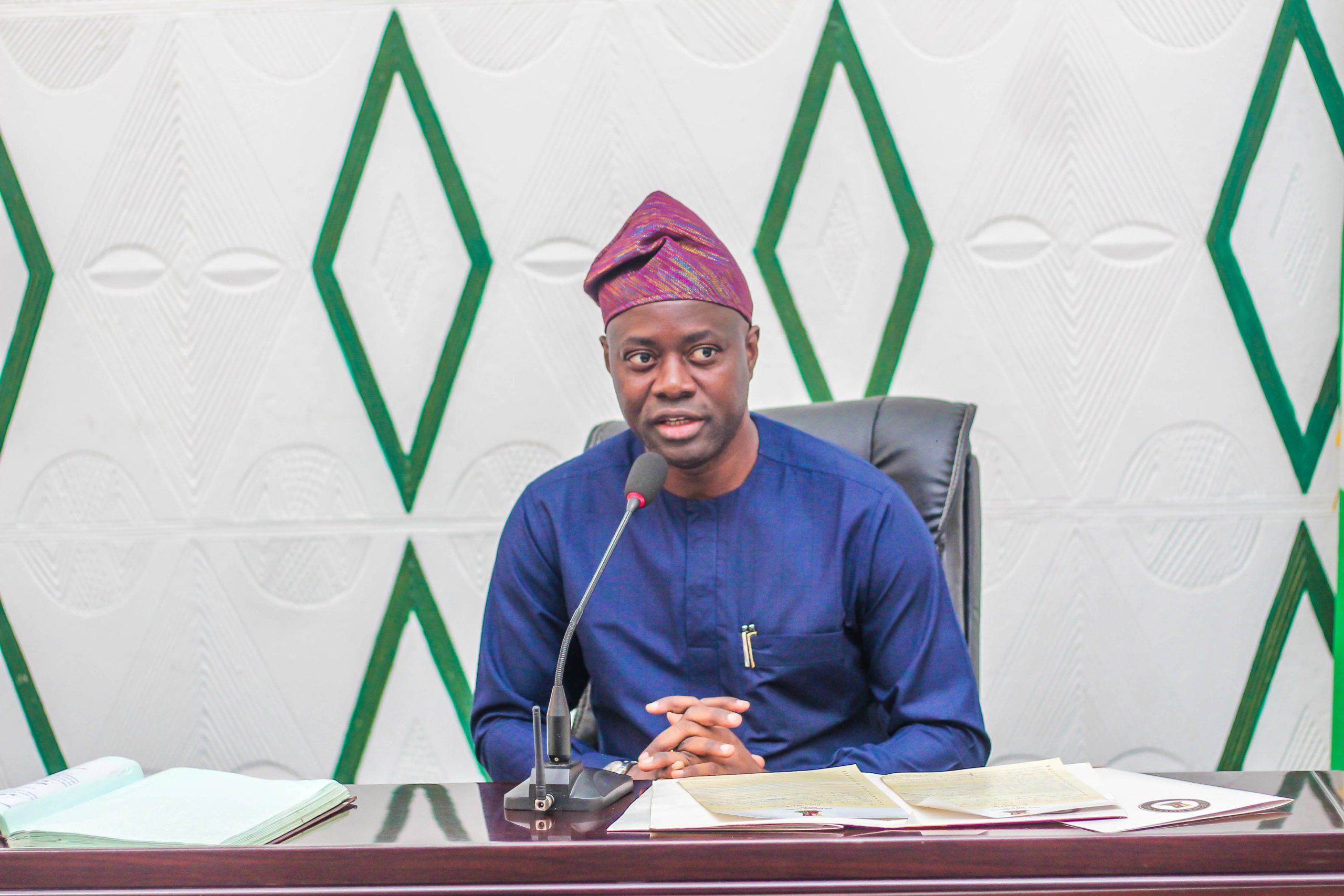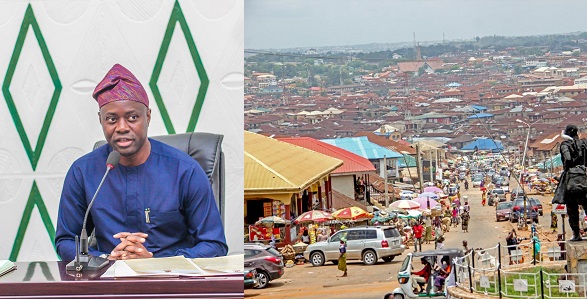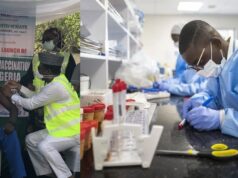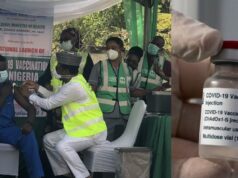Oyo State Governor, Seyi Makinde has given the reason why the State can’t go on total lockdown over Coronavirus, days after President Buhari issued an order which restricted movement in Abuja, Ogun and Lagos.
The Governor who tested positive for the virus shared that he opted for a curfew instead of a total lockdown due to the high rate of poverty in the state.

He stated that a curfew will enable residents carry out their daily activities and earn daily incomes amidst the outbreak of Coronavirus in the state.
Speaking on a Fresh FM programme, Governor Makinde said,
“My own background is engineering and I kept saying to people that as an engineer, you take decisions that are based on logic and fact. It’s an uncharted territory. We kept on interacting with the experts to find out what are the facts emerging.
“Yes, Lagos can be on lockdown, Ogun can be on lockdown, Oyo State, yes, people have been saying have a total lockdown and then I have been asking them questions. What will be the benefits here? Are there alternative courses of action for us to take?
“If you ask people not to come out, you lock down the market places, there are people that what they sell today – the profit from today’s activities is what they will eat tomorrow. There are plenty people like that within our environment. So, are there alternatives available to us? Can we do selective lockdown? That’s why I imposed the curfew, to say limit interactions.
“I think, everything is on the table but it has to follow a logical pattern and it will need the input of experts. We are not just going to lock down because everyone is locking down.”
Governor Makinde went to disclose that he would follow the steps of some foreign countries that have successfully contained the virus.
He added,
“I have been watching CNN and the most successful place right now in containing this is the Czech Republic. And one of the things they brought out is that they made a law that if you must leave your house, you must wear a mask.
“It may be that route for us to go. I have asked them to start evaluating that. If we must make that law and say everybody that must go out must wear a mask, then, how about those who cannot afford it? Can we make masks locally? Can we get our artisans and our tailors to commit to that with the government supporting? So, those are the type of solutions we are looking for.”














